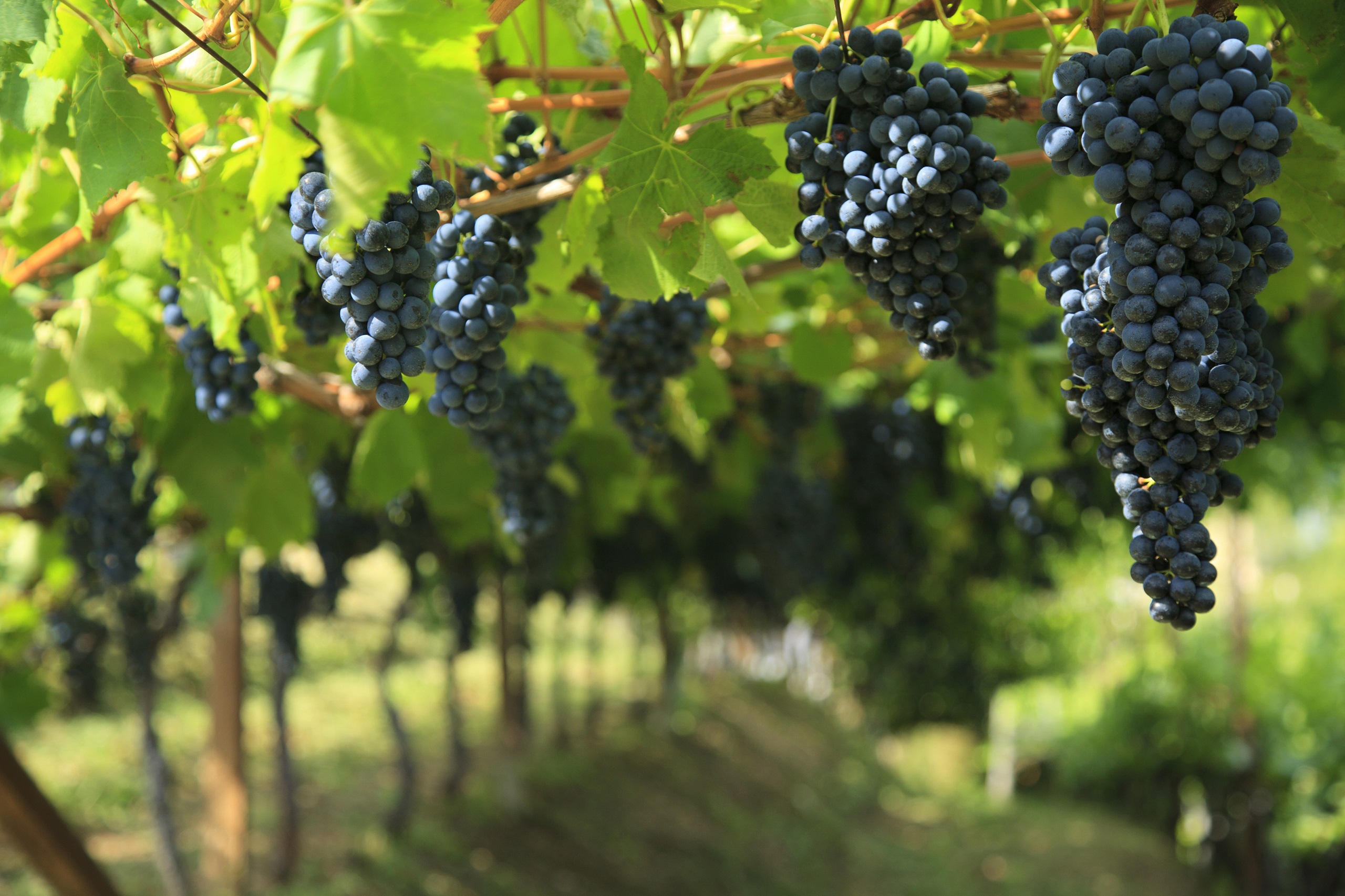Wine ladies
A conversation across generations: More than 30 years ago, Elena Walch became South Tyrol's first, and for a long time only, female winemaker. Her daughters Julia and Karoline are now part of a fruitful family business.
Before she became the first woman in South Tyrol to start producing wine independently in 1985, Elena Walch was an architect. That she came at the process from a different angle and with an outsider’s perspective aided her in separating herself from the South Tyrolean wine scene at that time. Walch took many bold steps: the separate vinification of the grapes from her Castel Ringberg and Kastelaz vineyards into "terroir wines," the elimination of the classic Vernatsch grapevines in favour of other, more modern grape varieties, the conscious decision to lower yields in favour of better quality.
Many winegrowing colleagues initially shook their heads in disbelief and yet it soon became clear that Elena's decisions bore fruit. These days, Elena Walch's winery has long since taken its place amongst the elite of the Italian wine scene and Elena's daughters Julia and Karoline have now been working in their mother's winegrowing estate since 2013. What was it like for Elena Walch to be the only woman in a man's domain 30 years ago, and what are her daughters up to these days? The answers waited at the Schloss Ringberg castle in Kaltern/Caldaro.

